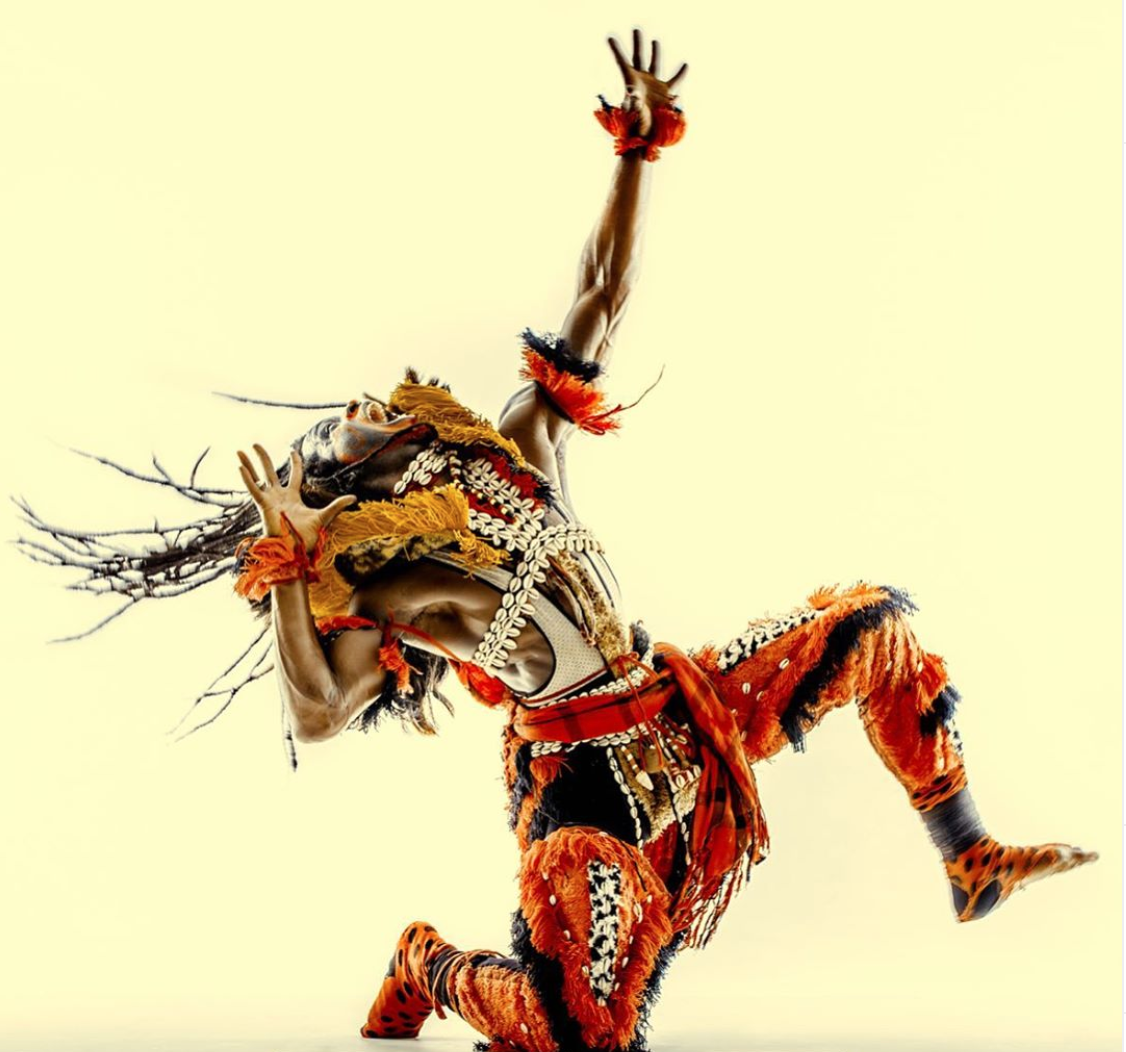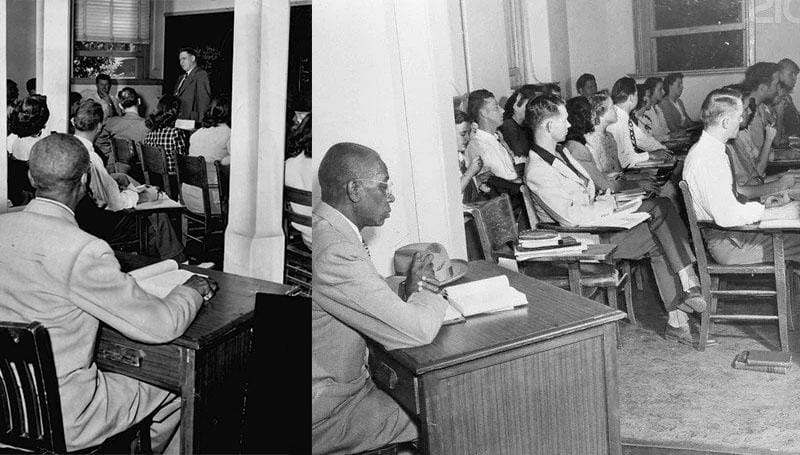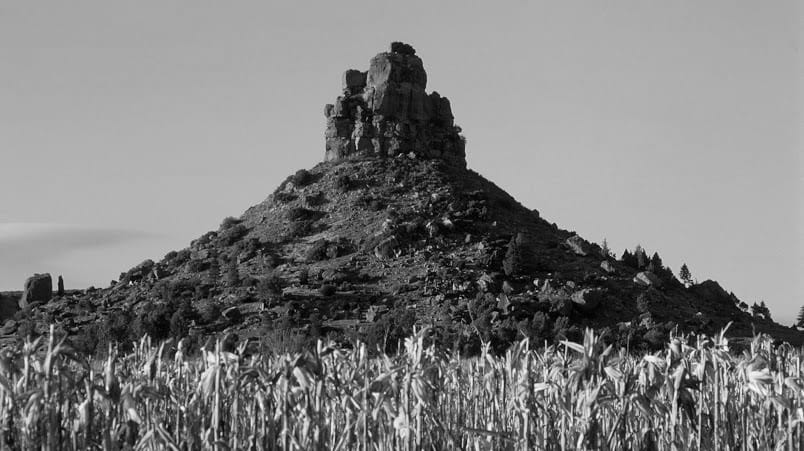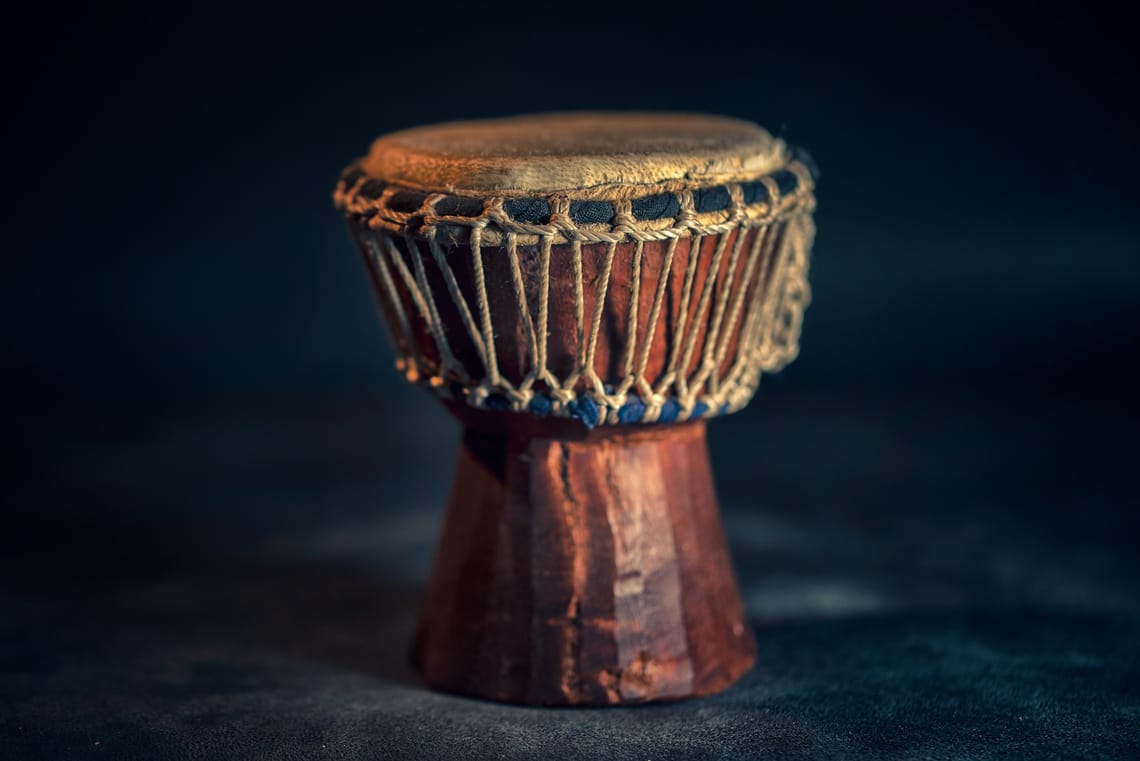"Spirit" is a song by South African rapper Kwesta (Senzo Mfundo Vilakazi) featuring American rapper Wale (Olubowale Victor Akintimehin).
In the article title Spirit by Kwesta is our heritage, published by media platform the Journalist the song is explained…, and here is an extract:
Spirit, a stimulus of power to strength and strength to power, epitomize the everyday struggles faced by youth of colour in a society that has a strong history of segregation and emphasizes the idea that survival is the only way. The title, ‘Spirit’ makes the song even more closely linked with the liberation struggle of South Africa and the resilient spirit of its people. From spinning cars and church scenes to clubs and taxi fares, the visuals depicted in the music video reaffirms its message of pure South Africanness.
It’s an anthem for today’s youth and does not shy away from depicting the current socio-political challenges, of (un)employment, education (Fee Free Quality Education and yes ‘decolonized’ at that), gender and poverty amid race and age discrimination.
The song captures the essence of keeping strong in all adversity, feelings not just reserved for previously disadvantaged but for anyone seeking courage and strength.
What captures my intention in the lyrics of the song is this line …Yeah bath' isinamuva liyabukwa. This for me, makes Spirit more than just a song that represent life and culture in a typical South African township but also a medium that carry knowledge systems. “Isina muva liyabukwa” is a isiZulu idiom that to some people means a late bloomer produces more fruit and to others it means the one who dances last grabs all the attention or the regiment that dances last is admired. But to Langelihle (the sun is beautiful) Gulilwe understanding of the song, brings the meaning to home and make it very practical and applicable to everyday life, in his post he writes …

It is my desired that this can be true on African development, that in the community of nations, as a continent, that we become the late bloomer that produces more fruit, that in our realization of who we are as people that we become the last dancers that grabs all the attention and we are admired by the world. That’s my spirit.
But today, I am more than proud that as Africans our cultural heritage is intact and it is written in our music, in poetry, in arts. Kwesta’s line Yeah bath' isinamuva liyabukwa in his song Spirit; Sjava’s debut studio album title Isina Muva and Isina Muva Liyabukwa by Abafana Baseqhudeni, they have become part of the archives, this is Africa’s power in how to protect and preserve our identity, culture and heritage.
And as we sing, as we live our culture and we dance it… lets remember that …
Lent' iphekwe la elok'shini,
Say'gibeleli taxi jo,
To you … in your successfulness, what have you become as an experience from your township, your hood, ekasi lam? What have you become as result of the influence of the spirit in your hood?
What is your spirit? in Uzong'thol' ekasi lam'




